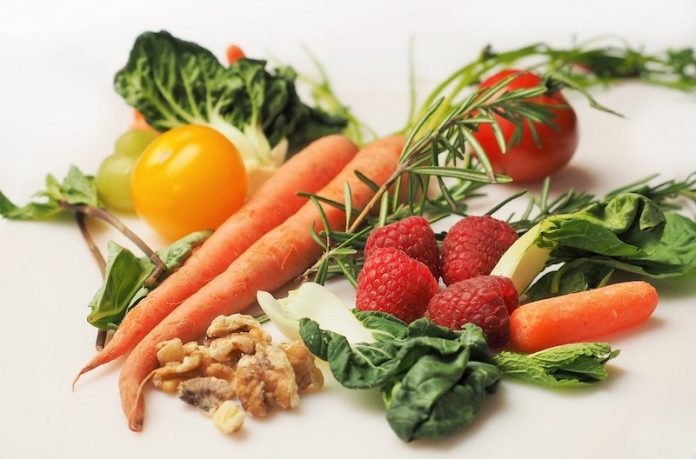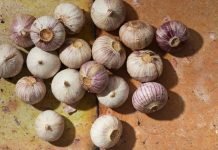
An anti-inflammatory diet involves eating nutrient-rich, whole foods that reduce inflammation in the body.
It contains plenty of fibre, antioxidants, and omega-3s.
This means a diet rich in vegetables, whole fruit, whole grains, legumes, and fatty fish – that is as unprocessed as possible.
The diet can Include these anti-inflammatory foods:
Fresh vegetables with a variety of types and colors with a minimum of four to five servings per day, especially dark, leafy greens (spinach, kale, Asian greens) broccoli and cauliflower, Brussel sprouts, beetroot;
Whole pieces of fruit three to four servings per day, especially berries and cherries; Fatty fish, such as salmon, trout, sardines, mackerel & tuna;
Healthy fats, extra virgin olive oil is the best option, avocado oil and the fats found in seeds, nuts, fish; nuts/seeds – such as walnuts, cashews, almonds, pistachios, pine nuts, chia, hemp, and whole grains – brown rice, amaranth, buckwheat, and quinoa
This video will show you how to design an anti-inflammatory diet.
It is created for educational purposes and awareness around different topics. Video may or may not be able to go fully in-depth in such a limited time. Please seek out a professional if you need help.
If you care about nutrition, please read studies about new way to halt excessive inflammation, and fermented-food diet can reduce inflammation, improve gut health.
Source: NutritionFacts.org (Shared via CC-BY)




